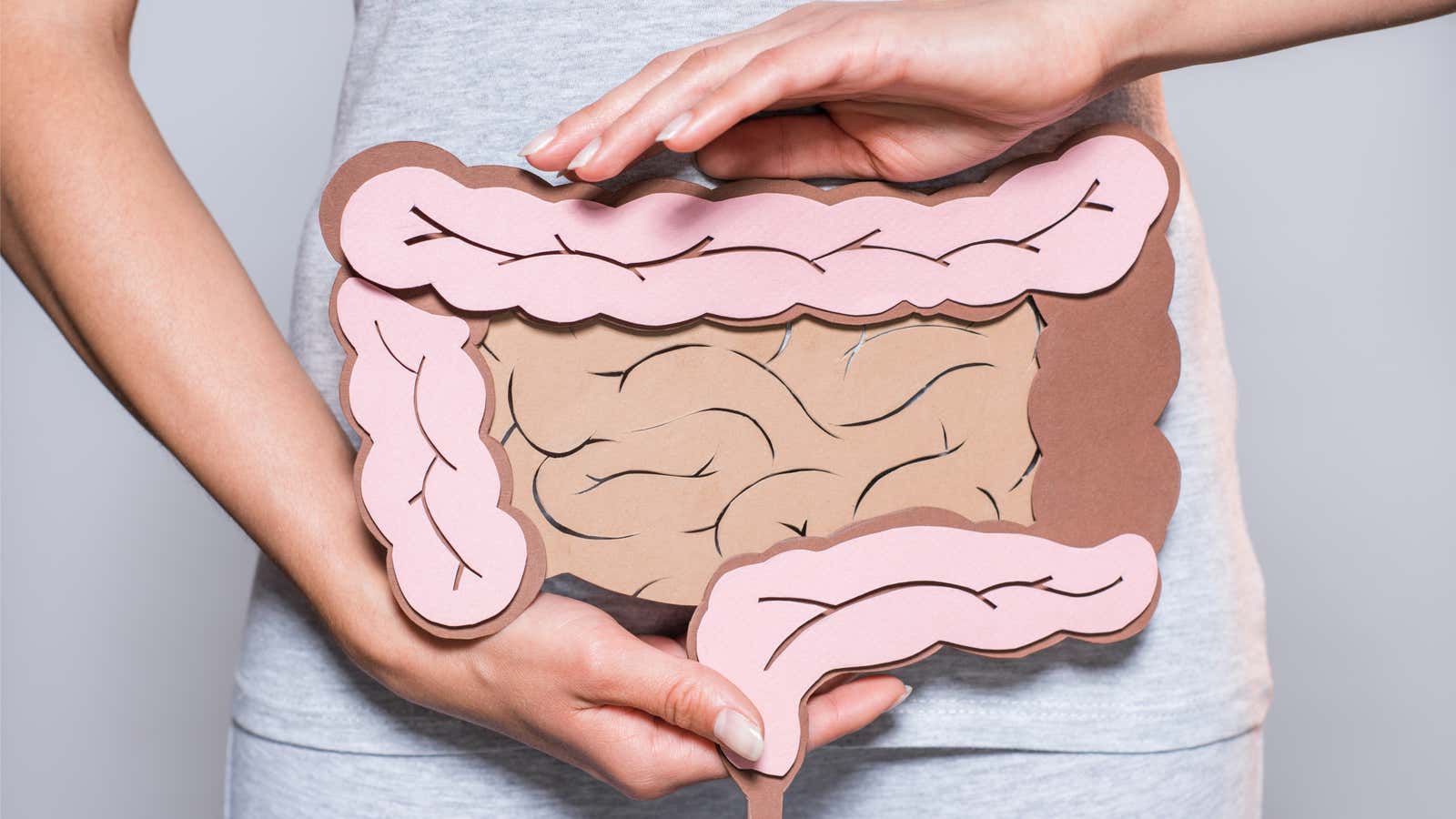Why You Shouldn’t Worry About Your “gut Health”

Our digestive system is an extremely important part of our body, and its health is rightfully important to us. Without good gut health, we may suffer from pain, unpleasant symptoms, or worse. But it doesn’t follow that we need to eat foods or foods that promise better gut health.
It turns out that gut health is not a well-defined concept. This means that it is not always possible to tell if it is improving or if there is a problem with it at all. Two researchers from the Center for Food and mood at Deakin University recently wrote in The Lancet and in Conversation article that the health of the intestine become more of a marketing buzzword than a scientific or medical phenomenon.
After all, what do we mean when we talk about gut health? Often this is either the absence of unpleasant symptoms, such as diarrhea, or the absence of diseases, such as Crohn’s disease. These conditions and symptoms are different, so there is no single “gut health” that we can achieve to prevent them all. Scientists are still trying to figure out the details and research is ongoing.
The microbiome is also important, but again, scientists have failed to come up with a way to reliably distinguish between healthy and unhealthy microbiomes. For example, the exact population of microbes in the intestines of two healthy people may differ from each other. And despite ongoing research, we still can’t test your microbes and tell you what’s wrong with you (except in a few specific cases like Clostridium difficile infection).
But the idea of the importance of gut health has spurred marketing for a myriad of products, foods, and practices that should be good for us. For example, probiotics are recommended for the treatment or prevention of gastrointestinal diseases. But many fermented foods, such as yogurt and kombucha, do not affect the composition of our gut microbiome, and even when they do, we don’t always know if they do for the better .
Basically, if someone says that a certain food or diet is supposed to be good for gut health, they usually make assumptions that they cannot confirm. Scientists Amy Loughman and Heidi Staodacher write:
For example, there is no conclusive human evidence yet that the consumption of processed foods or refined sugar has negative effects on all of the aforementioned parameters of gut health. Likewise, lists of the top ten gut health foods are not particularly helpful or insightful; instead, they simplify a complex diet to a few high-fiber foods without paying attention to important nuances.
They also indicate that there are many types of fiber, and that they are probably not all equally good for us; there is evidence that some fiber can be harmful if we eat too much of it.
Generally, a varied diet that includes whole grains, fruits, and vegetables is likely to be beneficial for our gut health. It’s the same with other healthy habits like exercise and quitting smoking. As they further discuss in the Conversation article, gut health is not what you achieve by eating kombucha or cutting out sugar: “It’s diet and general habits, not individual foods that change the dial.”